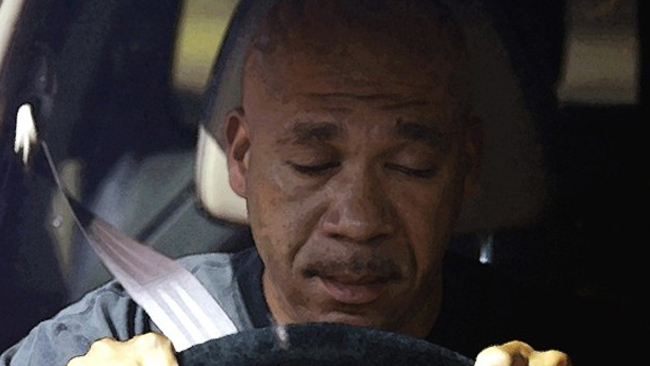With the Easter long weekend on the horizon, tens of thousands of families are expected to hit the road. A new study by Suncorp Insurance however suggests many of them may be in danger of fatigue-related accidents.According to the study, which surveyed nearly 3000 motorists around Australia, more than one quarter of motorists travelling long distances are unlikely to stop for a break.Despite strong awareness campaigns, fatigue continues to be a major cause of road deaths around Australia.Statistics from Victoria and NSW show that fatigue accounts for around 20 percent of each state’s road fatalities, while some 13 percent of road deaths can be attributed to drowsy driving.“Driving while fatigued represents a serious risk for drivers and their passengers – drivers are advised to travel no more than 8-10 hours in total per day and to take regular breaks of 10-15 minutes out of their vehicle, at least every two hours,” Suncorp Insurance Corporate Affairs Manager Mike Sopinski said.Young females aged 18 to 24 proved to be the worst offenders according to the survey, with 41 percent of respondents unlikely to stop for a break. Male drivers aged 25 to 34 are nearly as resistant to a rest, at 39 percent.Around 25 percent of drivers that cover between 10,000 to 20,000km per year said that they were unlikely to stop for a break on long drives.Perhaps most alarmingly, 36 percent of drivers with less than 10 years driving experience said they were unlikely to seek a roadside rest.“Fatigue-related crashes tend to be more severe than others, due to drivers’ delayed reaction times and failure to take action to avoid a crash. As a driver, you are responsible not only for yourself but also for your passengers and other road users,” Mr Sopinski said.“Fatigue is the only one of the ‘Fatal Four’ which police are not able to immediately identify and take action against as no device or established measure to gauge car driver fatigue levels currently exists,” he said.What’s your say? Does this research raise new concerns?Ten tips for avoiding fatigue 1) Avoid beginning a trip at the end of a day’s work 2) Ensure you have adequate sleep and are well-rested the night before you set out 3) Don‟t drive at times when you would normally be asleep e.g. early hours of the morning 4) Schedule regular rest breaks outside the vehicle – 10-15 minutes rest every two hours 5) Share the driving where possible 6) Never drink alcohol (not even small quantities) before or during long trips 7) Eat proper and well-balanced meals preferably at your normal mealtimes 8) Try to maintain a cool temperature inside the vehicle 9) Don’t drive while taking medication that may affect your driving – check labels on medicine 10) Allow extra time and take a powernap if tiredTen signs of fatigue 1) Constant yawning 2) Drifting in your lane of traffic 3) Sore or heavy eyes 4) Trouble keeping your head up 5) Delayed reactions 6) Loss of attention, daydreaming or “zoning out‟ 7) Difficulty remembering the last few kilometres 8) Variations in driving speed 9) Mood swings such as irritability or boredom 10) Blurry vision or “seeing things‟ e.g. objects or shadows on the roadside appear distorted





